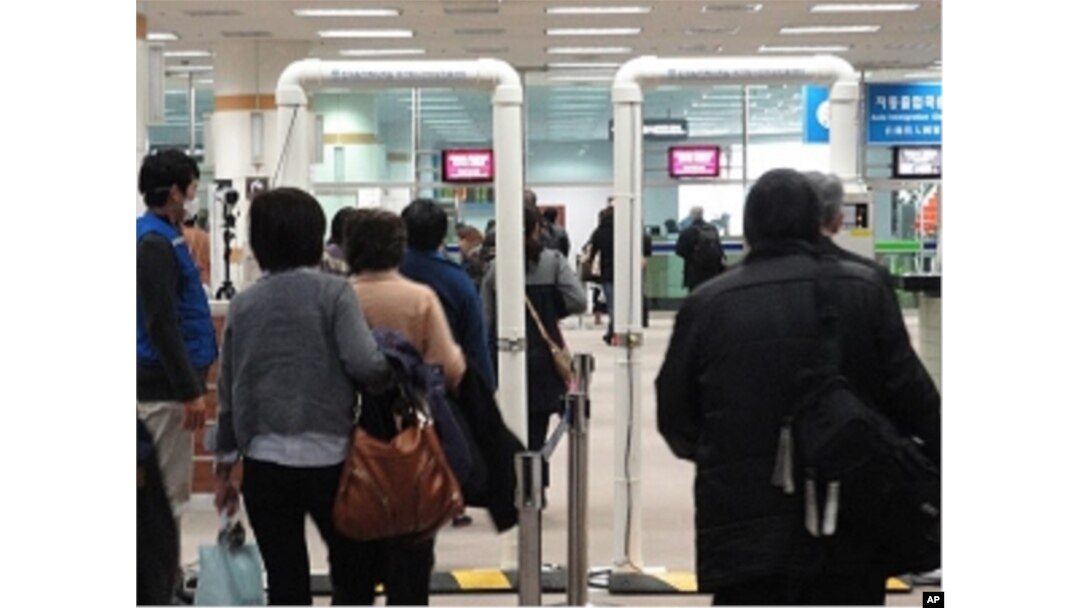Confusion reigned Sunday at a crippled nuclear power plant in northeastern Japan, as emergency workers were pulled from a reactor building after dangerously high levels of radiation were detected in water that had accumulated in a turbine housing unit.
A spokesman for the operator of the Fukushima-Daiichi power plant originally told reporters that radiation had spiked 10 million times the normal levels Sunday, driving workers to flee the facility. Authorities later said those radiation readings were not accurate and that new tests had been ordered.
Officials say they also detected heightened levels of radioactive iodine in Pacific Ocean water within 300 meters of the plant. The nuclear safety agency said one-half a liter of the water contains the same amount of radiation that a person can safely be exposed to in a year.
However, officials at the agency said the ocean will quickly dilute the worst contamination, and that there is no immediate threat to marine life or seafood safety.
Contaminated seawater is the latest indication that radiation from the plant is spreading. Heightened levels of radioactive substances also have been found this past week in the water supply in Tokyo and nearby areas. Radiation has been found in vegetables and milk from farms near Fukushima, prompting several countries to ban imports of food from the region.

Passengers from Japan passing through a radiation screening point at Gimpo International Airport, Sunday, 27 March 2011
Efforts also are under way to drain highly radioactive pools of water that have accumulated in the reactor buildings, after two workers were hospitalized with radiation burns from stepping into a puddle of contaminated water. Plant officials say they do not yet know the source of the radioactive water.Chief Cabinet Secretary Yukio Edano, the government's main spokesperson on the nuclear disaster, told TV talks shows Sunday that the radioactive water is "almost certainly" seeping from a reactor core.
Workers on Saturday sprayed fresh water instead of seawater into the damaged nuclear reactors, in an ongoing effort to keep damaged fuel rods from overheating and spewing more radiation into the environment. There was concern that salt in the seawater was clogging pipes and coating the fuel rods, interfering with efforts to restore the plant's cooling systems.
The U.S. Navy is sending ships loaded with fresh water to the plant on Japan's east coast.
Japanese Prime Minister Naoto Kan said Friday the situation at the plant remains precarious. He thanked emergency workers who he says are risking their lives trying to cool the plant's reactors.
Japanese authorities have urged residents still living within a 20- to 30-kilometer radius of Fukushima to voluntarily leave the area. Residents within that zone were told previously to stay indoors to avoid the threat of radiation, while residents closer to the plant were told to evacuate.
Japan's national police agency said Sunday the official death toll from the massive earthquake and tsunami that struck the east coast March 11 has risen to more than 10,600 people, with more than 16,500 others listed as missing. About 300,000 are living in temporary shelters.


